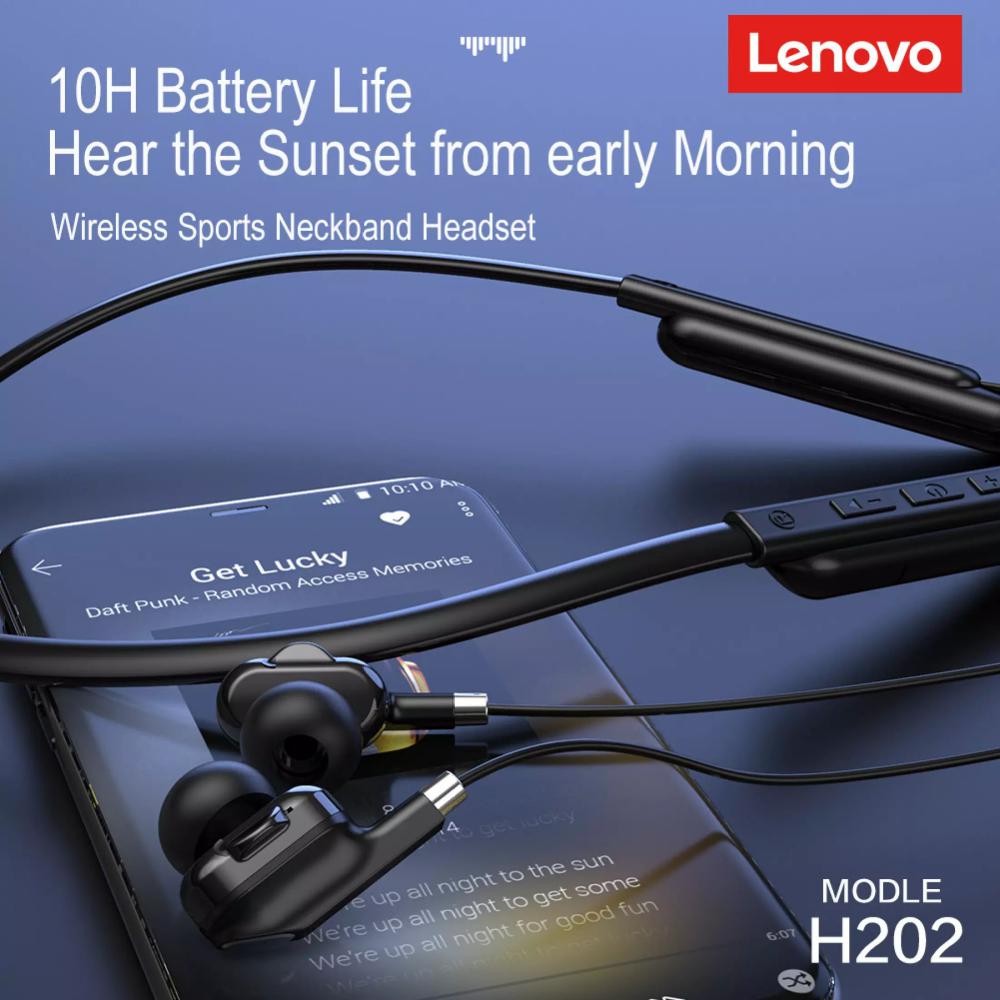


Reproduced by arrangement with Ice Nine Publishing Company, Inc. Words and music by Jerry Garcia, Bob Weir, and Bill Kreutzmann("That's It For the Other One," composed and written by Jerry Garcia, BobWeir, and Bill Kreutzmann. Some interpretations: contributions from the WELL Deadlit conference. "That's It For The OtherOne"An installment in The Annotated GratefulDead Lyrics. Variatio 27 – Canone alla nona (a 2 Clav.The Annotated "That's It For The Other One" "The bus came by and I got on, that's when it all began" The Annotated.Variatio 24 – Canone all’ottava (a 1 Clav.).Variatio 18 – Canone alla sesta (a 1 Clav.).Variatio 15 – Andante – Canone alla quinta (a 1 Clav.).Variatio 9 – Canone alla terza (a 1 Clav.).Variatio 7 – Al tempo di giga (a 1 o vero 2 Clav.).Variatio 6 – Canone alla seconda (a 1 Clav.).Variatio 3 – Canone all’unisono (a 1 Clav.).Helped by a sympathetic acoustic, Costin delivers a sensitive and accomplished performance, making this recording a strong contender in a crowded field. It is eminently suited to the repertoire. Costin plays the Pembroke College, Cambridge, organ, a period instrument containing some Father Smith pipework and reconstructed by Mander in 1980. And you have a wide choice of instruments: harpsichord or piano (the leaders) but also harp saxophone quartet string trio jazz trio marimba accordion and a few organ recordings – by Catherine Ennis, Jean Guillou, Elena Barshai, and now Robert Costin, Director of Music at Ardingly College. If you want a Goldberg recording, you’ll be spoilt for choice – there are dozens. On this recording, British organist Robert Costin, a graduate of the University of Cambridge, plays them brilliantly on the Pembroke College Organ … I really enjoyed the Stone Records disc and I think our readers will as well (Fanfare) ***** (Organ Magazine)Īll in all, a superb recording which may become my default Goldberg (Organists’ Review) All in all, a fascinating and, in its way, important release. This is a remarkably successful record … The clarity of the playing is admirable, as is the recording quality. With the Pembroke College organ sounding superb and with Costin’s registrations sounding very convincing and the sound extremely natural, this is, for all Bach lovers, a self recommending release. In short, this great set of variations sounds as natural on the organ as any of the works that Bach composed for the instrument. Yes, the crispness one gets from the harpsichord is not there ( but neither is it on any of the string arrangements ), but it rarely seems to matter. Given that Bach was a fine organist surely he would have expected the Goldbergs to be performed on the instrument, and Robert Costin proves that it works extremely well. We have recordings of the Goldberg Variations on the harpsichord, modern piano, strings, jazz group and even with a consort of viols, but none, as far as I can see, on the organ. And here is the recording he made of Bach’s great work in 2012 on the organ of Pembroke College, Cambridge. Organist Robert Costin is well known here in New Zealand and, indeed he has been here recently playing the Goldberg Variations on organs around the country. A marvellous, engrossing performance by a true master. ***** (Independent)
#QUOD LIBET SOUND QULAITY FULL#
Right from the wistful charm of the opening “Aria”, the organ’s timbre is a model of acoustical grace, a perfect union of instrument and space, and as Costin launches into the Variations, its full majesty is revealed in rich, satisfying sonorities that build to an epic climax with the “Variatio 30 –Quodlibet”. However, hearing this masterful performance by Robert Costin on the Pembroke College organ, it’s impossible to imagine that Bach, an accomplished organist, didn’t compose it on such an instrument. Though nowadays played on all manner of instruments, from harp to accordion, the Goldberg Variations was originally written for harpsichord.


 0 kommentar(er)
0 kommentar(er)
